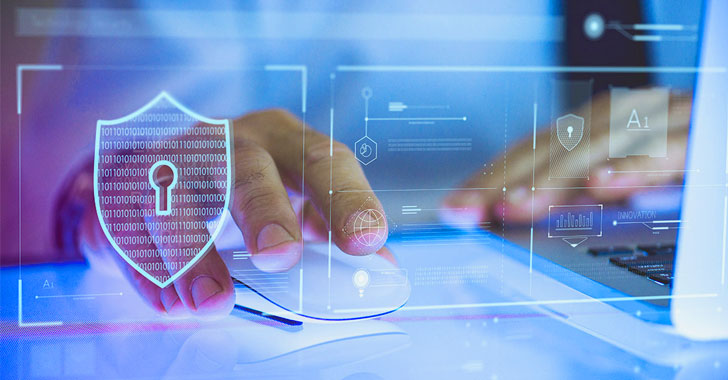
In today’s digital age, the internet plays a central role in our lives, offering endless opportunities for communication, learning, and entertainment. However, it’s crucial to remember that the online world also poses risks and threats to our privacy and security. To navigate the internet safely, we must adopt essential tips and best practices. In this article, we will explore some key strategies to help protect ourselves and our personal information online.
1. Use Strong and Unique Passwords
One of the fundamental aspects of internet safety is using strong and unique passwords for all your online accounts. Avoid using easily guessable passwords such as “123456” or “password.” Instead, create complex passwords that include a mix of uppercase and lowercase letters, numbers, and symbols. Additionally, ensure that you use a unique password for each account to prevent a domino effect in case one account is compromised.
2. Enable Two-Factor Authentication (2FA)
Two-Factor Authentication adds an extra layer of security to your online accounts by requiring a second verification step, usually through a text message or an authentication app. By enabling 2FA, even if someone manages to obtain your password, they won’t be able to access your accounts without the additional verification step.
3. Be Cautious of Phishing Attempts
Phishing attempts involve tricking users into revealing sensitive information, such as passwords or credit card details, by posing as legitimate entities. Be cautious of emails, messages, or pop-up windows asking for personal information or directing you to unfamiliar websites. Verify the authenticity of any requests by contacting the organization directly through their official channels.
4. Keep Your Software Up to Date
Software updates often include security patches that address known vulnerabilities. Regularly updating your operating system, web browsers, and other software ensures that you have the latest security measures in place. Enable automatic updates whenever possible to stay protected against emerging threats.
5. Secure Your Home Network
Ensure that your home Wi-Fi network is secure by changing the default network name (SSID) and password. Use a strong password with WPA2 or WPA3 encryption to prevent unauthorized access. Also, consider enabling a guest network for visitors to keep your main network separate and secure.
6. Practice Safe Social Media Usage
Social media platforms are an integral part of our online lives. To enhance your internet safety, be mindful of what you share on social media. Adjust your privacy settings to control who can view your posts and personal information. Be cautious about accepting friend requests or following unknown accounts and avoid oversharing personal details that can be used against you.
7. Be Wary of Public Wi-Fi
Public Wi-Fi networks, such as those in cafes, airports, or libraries, are convenient but often insecure. Exercise caution when using these networks, as cybercriminals can intercept your data. Avoid accessing sensitive information or making online transactions when connected to public Wi-Fi. Instead, use a virtual private network (VPN) to encrypt your internet connection and ensure secure browsing.
8. Regularly Backup Your Data
Data loss can occur due to various reasons, including malware attacks, hardware failures, or accidental deletion. Regularly backup your important files and documents to an external hard drive, cloud storage, or a trusted backup service. This practice will help you recover your data in case of an unforeseen event.
9. Educate Yourself and Your Family
Internet safety is a shared responsibility, especially when it comes to protecting children and teenagers. Stay informed about the latest online threats and educate yourself and your family members about safe online practices. Teach children about privacy, the risks of sharing personal information online, and the importance of responsible internet use.
Summary
As the internet continues to evolve, it’s crucial to prioritize internet safety. By following these tips and best practices, you can significantly reduce the risks associated with online activities. Remember to use strong passwords, enable two-factor authentication, stay vigilant against phishing attempts, keep your software up to date, secure your home network, practice safe social media usage, be cautious of public Wi-Fi, regularly backup your data, and educate yourself and your family. By incorporating these practices into your online routine, you can enjoy the internet safely while protecting your privacy and security.
